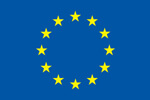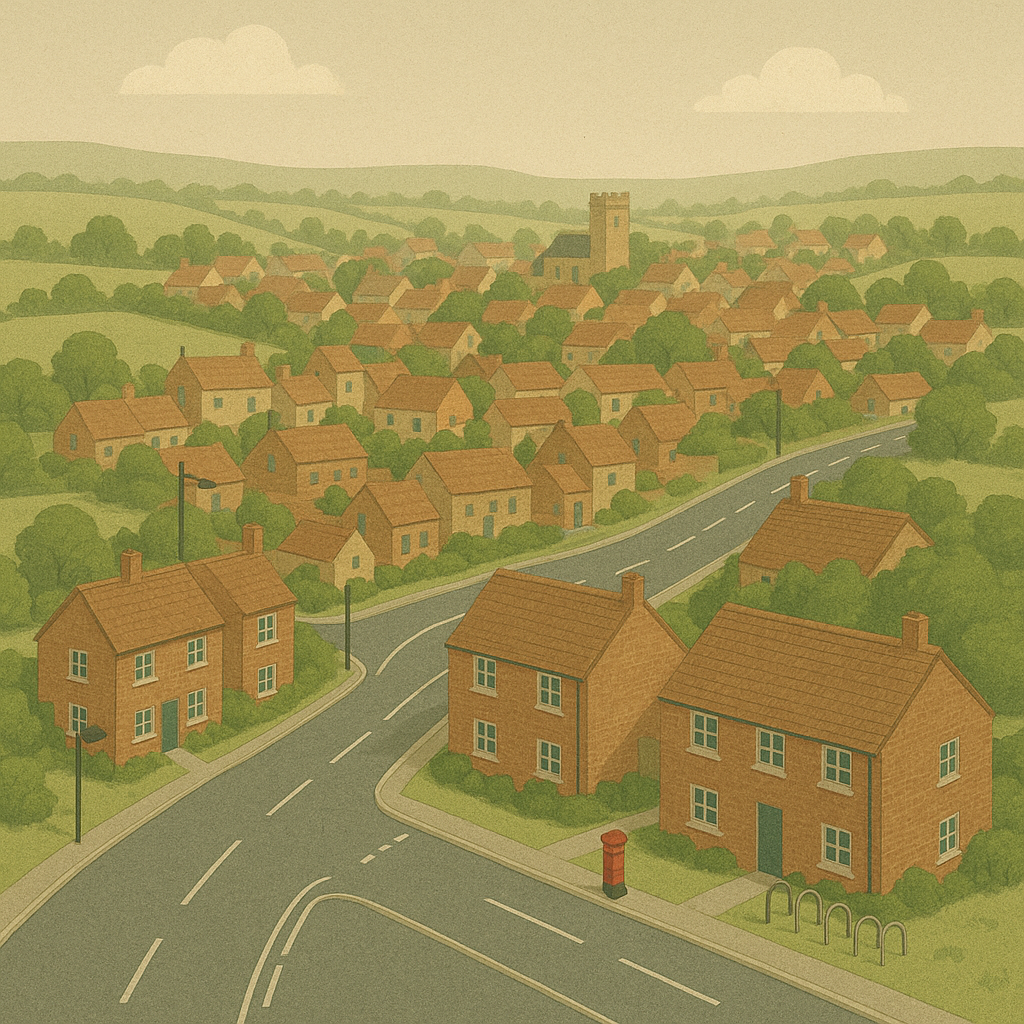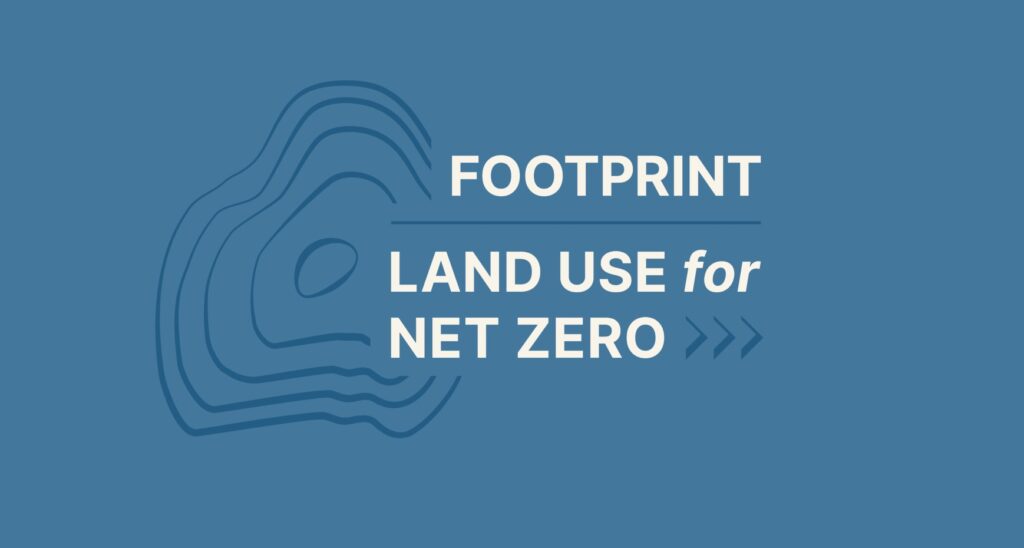Dr James Kirwan, together with Bill Slee and Carolyn Foster (both formerly of the CCRI), completed an analysis of the potential role of new food supply chains in sustainable rural development during the period 2003 to 2006, as part of the European Commission-funded project, SUS-CHAIN. The project brought together a multi-disciplinary team of sociologists, economists and marketing experts from seven leading European universities, paired with NGOs who were active in the field of sustainable food production and marketing.
The partners in this project were:
- Wageningen University – Rural Sociology Group, The Netherlands.
- Centre for Agriculture and Environment, The Netherlands.
- CCRI, University of Gloucestershire, UK.
- International Institute for Environment and Development, UK.
- Institut d’Economie Rurale de l’Ecole polytechnique fédérale de Zurich, Switzerland.
- Service Romand de Vulgarisation Agricole, Switzerland.
- University of Pisa – Department of Agricultural Economics, Italy.
- Confederazione Nazionale Coltivatori Diretti, Italy
- University of Gent – Department of Agricultural Economics, Belgium.
- Vredeseilanden-Coopibo, Belgium.
- Baltic Studies Centre, Latvia.
- Latvian Institute of Agrarian Economics, Latvia.
- J.W. Goethe University Frankfurt – Institute for Rural Development Research
- Ecozept, Germany.
The purpose of the project was to assess the potential role of food supply chains in the enhancement of sustainable food production and rural development by identifying critical points in food supply chains which currently constrain the further dissemination of sustainable production and recommend actions that are likely to enhance the prospects for sustainable food markets. Specific attention was given to factors related to the organisational structure of food supply chains and interactions between stages of the chain.
The project website – http://www.sus-chain.org/ – contains further details of the project, including all its report outputs. In addition, the project has resulted in a practitioner-oriented book entitled Nourishing Networks (published by Reed Business Information, Netherlands), which is an empirically grounded perspective on how 14 sustainable food supply chains and networks have been created.

This project was funded under the European Commission’s 5th Framework programme.
Project reference: QLK5-CT-2002-01349




